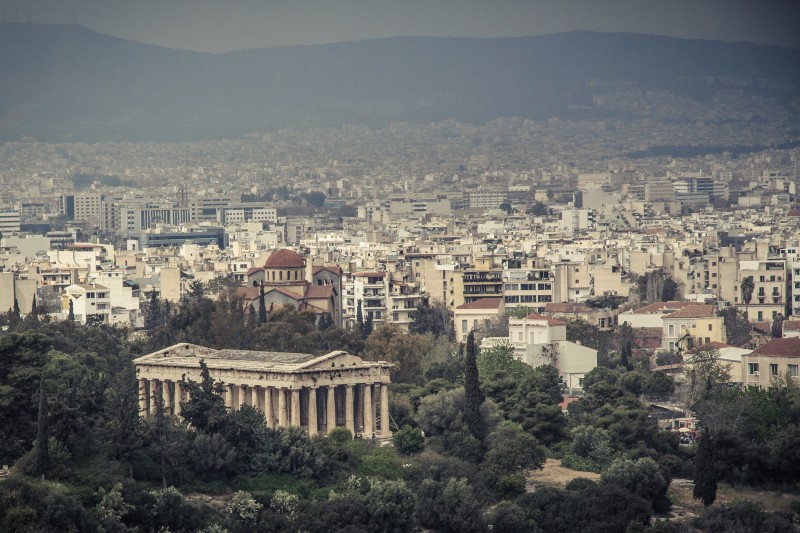

A few weeks ago, Greece was teetering on the edge of economic chaos. The banks had run out of cash, forcing the government to impose capital controls and hold a snap referendum as it tried to secure new bailout funds from the country’s international creditors. The timing for these dramatic developments couldn’t have been worse. They unfolded during the peak of the summer tourism season, and tourism is one of Greece’s biggest income sources, responsible for contributing directly €17 billion ($19 billion, or 9.5 percent) to the country’s GDP in 2014–and as much as €45 billion ($49.8 billion) indirectly.
Not only did this lead to a nervous few weeks for the industry, it also affected its primary innovators–namely, its digital startups. Many services struggled to access the cloud and had to rely on an initiative launched by two Silicon Valley-based Greek entrepreneurs, who were able to facilitate payments for hosting, domains, and other critical functions for those new companies affected by the capital controls.
Another helpful fact is that many of these Greek-managed services are partially based in other countries, such as two U.K.-incorporated services: Incrediblue, an Airbnb-like service for boat rentals currently featuring 2,000 handpicked yachts across the Mediterranean; and Tourismart, an all-in-one mobile app solution that helps hoteliers advertise accommodation services on guests’ smartphones and manage their requests via tablet. “We figured out how to complete our transactions abroad without limitations,” said Tourismart co-founder and COO Magy Kontou.
A number of Greek tourism startups are increasingly outward-looking. “We already have over 2,000 users–mainly in Greece and Italy–and now plan to expand to French- and Spanish-speaking markets,” boasted Nikos Anagnostou, CEO and founder of Discoveroom, a company offering a mobile reservations and bookings management system for small lodgings, villas, and B&Bs. One of the key competitive advantages of Greek tourism startups is that they can “test their services on a large, highly developed domestic market before safely expanding to other markets, as the type of service requirements are similar everywhere,” explained Anagnostou.
Greeks aren’t short on ideas either, and new services keep popping up. The newly established Welcome Pickups, for example, provides airport transfers in Athens and Santorini by using local drivers who offer tips, insights, and a friendly welcome at the same price as a regular taxi fare.
Maybe not all these services will stand the test of time, but recent reports are cause for optimism. Despite a short dip, the overall number of people who chose Greece as their travel destination has remained steady throughout the crisis, and now internationals are reportedly returning to the country’s resorts in “big numbers.”
“The crisis didn’t have an impact on the very good quality of holidays the guests have always been receiving,” said Angeliki Papagiannopoulou, co-founder of Offerial, a hospitality service helping hotels improve sales and loyalty through personalization.
Greek tourism startups have the potential to play a long-term role in sustaining the country’s key industry. “Growth will come from dynamic, innovative, internationally minded companies and [we need to] support them by all means,” said TripInView’s Achilles Chatzinikos. Maybe Nikos Anagnostou’s description of Discoveroom’s attempt to service a tiny, niche market–that of small lodging–can be emblematic of Greece’s entire tourism industry. As he put it: “What we are trying to achieve here is to democratize tourism.” Can you think of a more fitting place to do it?


How We Get To Next was a magazine that explored the future of science, technology, and culture from 2014 to 2019. This article is part of our Metropolis section, on the way cities influence new ideas–and how new ideas change city life. Click the logo to read more.
